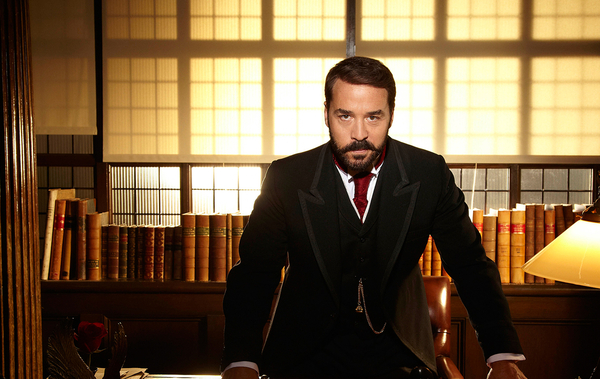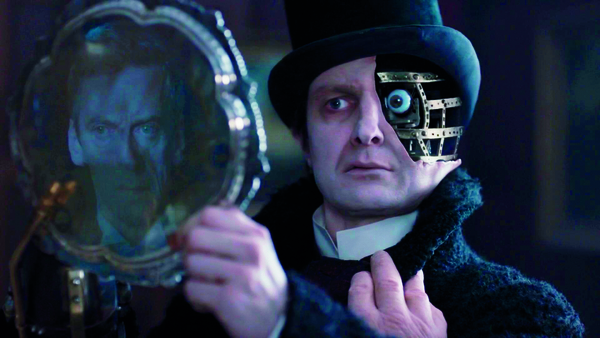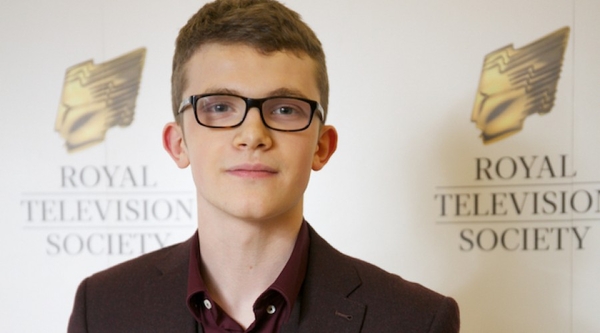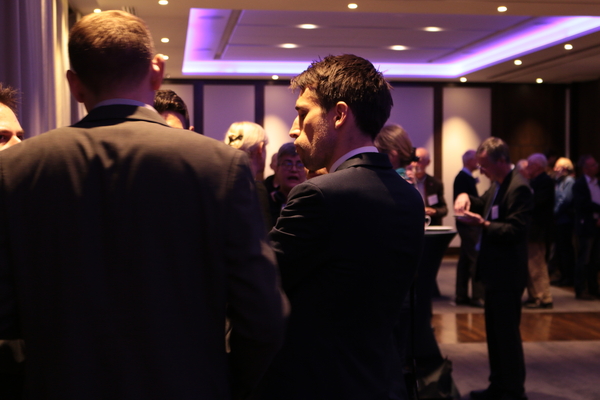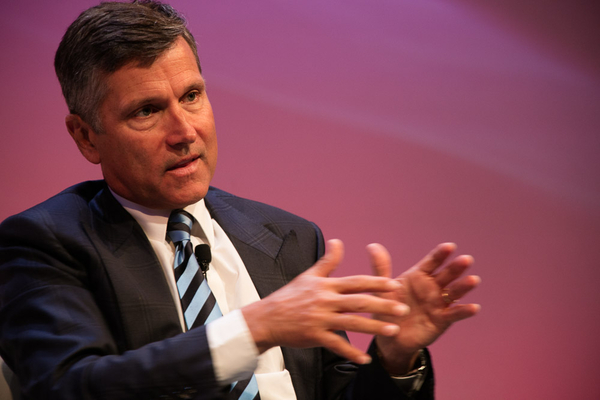Event Report: Update TV skills conference
Supported by the BBC Academy and Women in Film and Television UK, “Update TV skills” explained to people who have taken a career break how television has changed and what they need to know to make a successful return.
The day began with a presentation from Rowan de Pomerai, head of flexible delivery at Ooyala, which helps broadcasters and media companies manage the end-to-end digital workflow that is becoming the standard way of organising the production and distribution of TV programmes.

